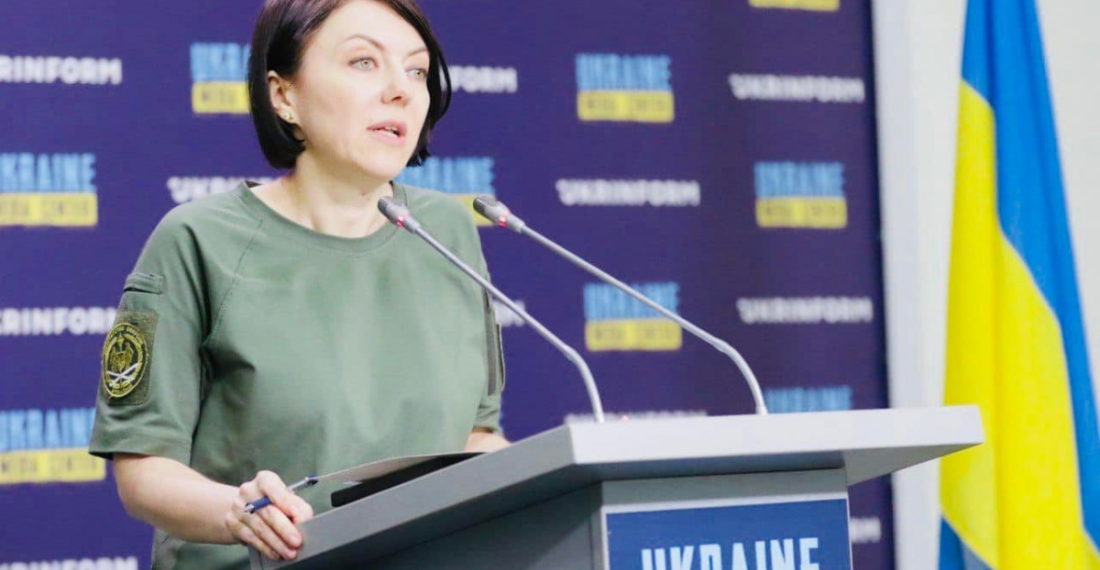Writing on Telegram on Thursday (30 March), the Ukrainian Deputy Defense Minister Hanna Malyar has said that Russian and Ukrainian losses in the east of Ukraine are as high as 10 to 1 on some days.
This comes a few hours after the UK Defense Secretary Ben Wallace said on Sky News that the total Russian number of dead and injured since 24 February 2022 could be as high as 220,000.
"The Russian forces have some really significant and deep systemic problems at the moment in their efforts," Wallace said, adding the Russian military was making "almost no progress whatsoever."
Meanwhile, the General Staff of Ukraine's Armed Forces claimed on 29 March that Russia had lost approximately 172,340 troops in Ukraine since the beginning of its full-scale invasion, including 610 casualties just over the past day.
Although these numbers are all but impossible to verify, reports do suggest very high casualty numbers, especially on the Russian side.
Ukraine planning counteroffensive in several areas, according to Defense Minister Reznikov
In other news, Ukraine's Defense Minister Oleksii Reznikov has said that Ukraine's counteroffensive involving recent deliveries of Western tanks may begin in April or May, but cautioned that a lot depends on weather conditions.
In recent days Ukraine has begun taking delivery of Western tanks donated by allies, including British Challenger 2 tanks, of which the UK Government promised 14, and 18 Leopard 2 tanks from Germany.
Although Poland and Slovakia have recently provided Ukraine with a handful Soviet MiG-29 fighter jets, Ukraine's Air Force spokesperson Yurii Ihnat said that Kyiv urgently needs "at least" four modern fighter jets, saying that "the (American) F-16 or another multi-role aircraft of the same type will help".






